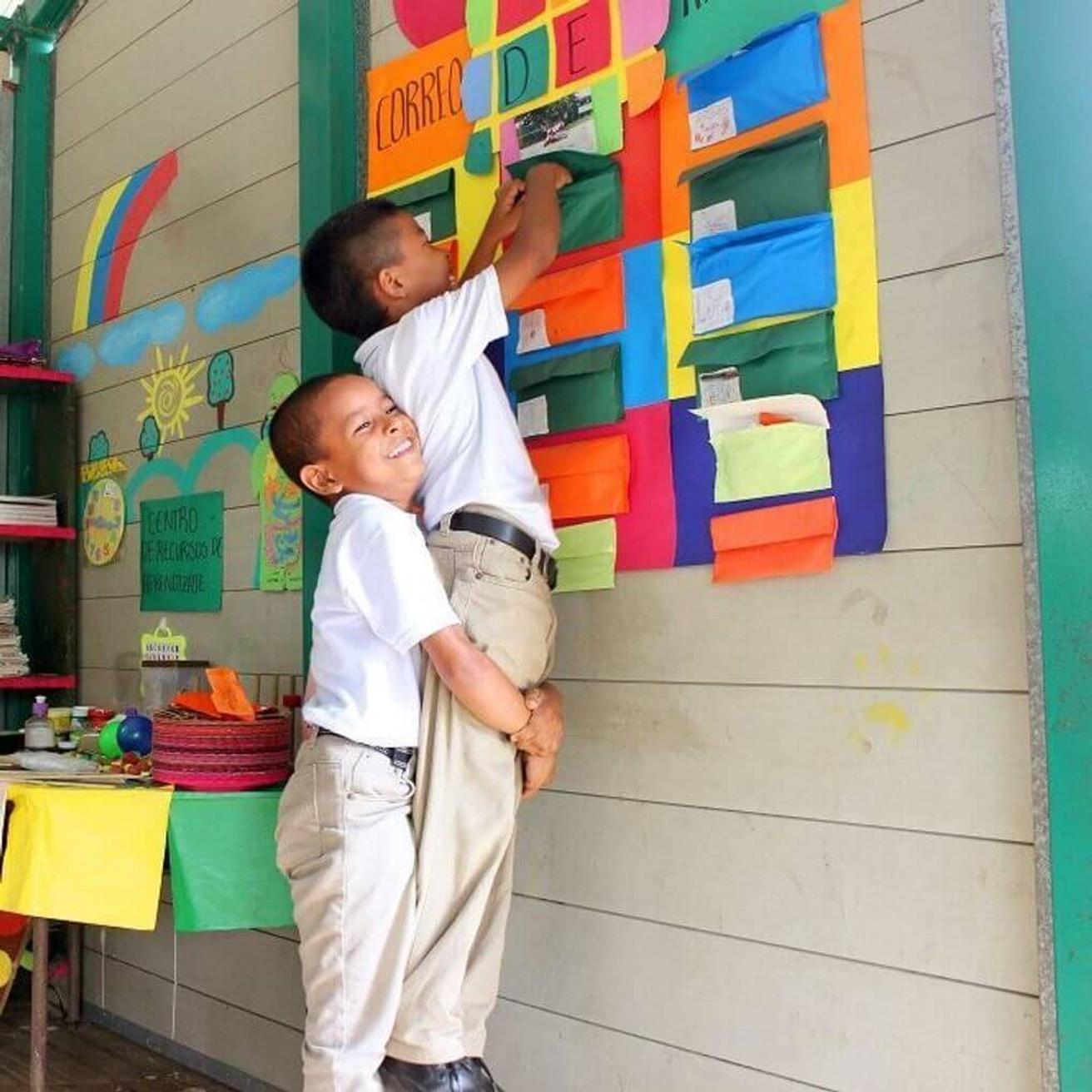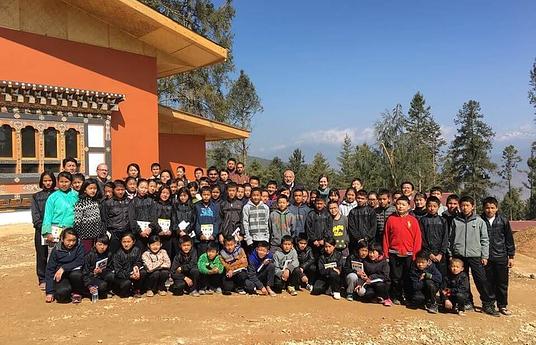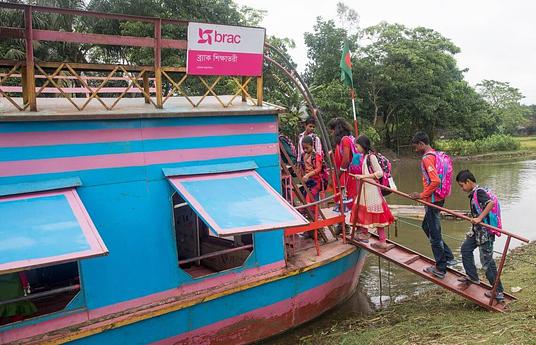When you hear the word ‘innovation’, what do you think of? For many, it’s impressive, shiny, cutting-edge tech. Most people wouldn't think of an educational approach that was created by an NGO over 40 years ago and continues to create change in different contexts around the world.
But Escuela Nueva, an educational approach born in Colombia in 1976, has innovation at its very core. The approach combines innovative pedagogy with decades of evidence on best practice, transforming the conventional school model to ensure that every child, anywhere, receives a high-quality, accessible and relevant education – proving in the process that powerful innovation can come from the ground up.
Children have the right to a basic education in most countries. Despite this, there are some areas where access to school is not guaranteed, particularly for children from more deprived backgrounds or isolated areas. In rural areas of Colombia, if children do have the opportunity to go to school, the quality of education may be lower than in more urban or wealthier areas, contributing to the cycle of poverty and social inequality. Escuela Nueva offers an alternative that not only provides access to education to children living in these areas but most importantly gives them access to high-quality education.
Fundación Escuela Nueva (FEN) is a Colombian NGO established in 1987 by the authors of the Escuela Nueva pedagogical model, founded with two main goals in mind. The first was to improve the quality and relevance of education in schools with limited resources through the Escuela Nueva model and the second was to adapt the model to be used in new contexts, through careful research and innovation. To this end, FEN works with governments and NGOs around the world to spread the Escuela Nueva model and offers technical assistance to governments to implement change in a cost-effective way.
Escuela Nueva, ‘New School’ in Spanish, offers a fresh take on what schools can be. Rather than throwing technology at the problem of an outdated school system, the Escuela Nueva model challenges conventional thinking and promotes small effective changes in the classroom. Through innovating fundamental practices in the school and the daily routines of teachers, change is unfolding at a grassroots level and blossoming from there. This child-centered educational model puts cooperative, constructive, personalized and active learning over memorization and passive learning, a welcome divergence from traditional schooling. Such child-centered learning has been seen to improve academic achievement, reduce dropout rates and develop social ideals such as democracy and peace.
Whereas traditional schools can have a more top-down approach to decision making, Escuela Nueva schools include everyone in a participative decision-making process. Democracy is the cornerstone of Escuela Nueva Schools, which empower students as part of a self-governing community. Students are involved in every element of how the school operates, including making important decisions about how and what they learn. This not only promotes democratic values but also develops vital life skills like collaboration and communication.
The problems that education faces today are often very old, and the solutions won’t always be brand new. While many of the elements of Escuela Nueva may not be new in themselves, it’s the focus on replicability that makes the Escuela Nueva approach truly innovative.
At HundrED we define innovativeness as a valuable improvement within the context. In Colombia alone, the Escuela Nueva model has been adopted in over 25,000 schools, with specially adapted strategies and materials for urban schools. Even more impressive, over 20 other nations have started using the Escuela Nueva model, including Vietnam, Uganda, India, Brazil, and the Philippines, proving that fundamental changes to education can be made on a grand scale.
The Escuela Nueva approach proves again and again that innovation isn’t just the preserve of big tech companies. When a school chooses to take an untrodden path, to experiment, to look around and decide that things can be better – that’s powerful innovation in practice.



